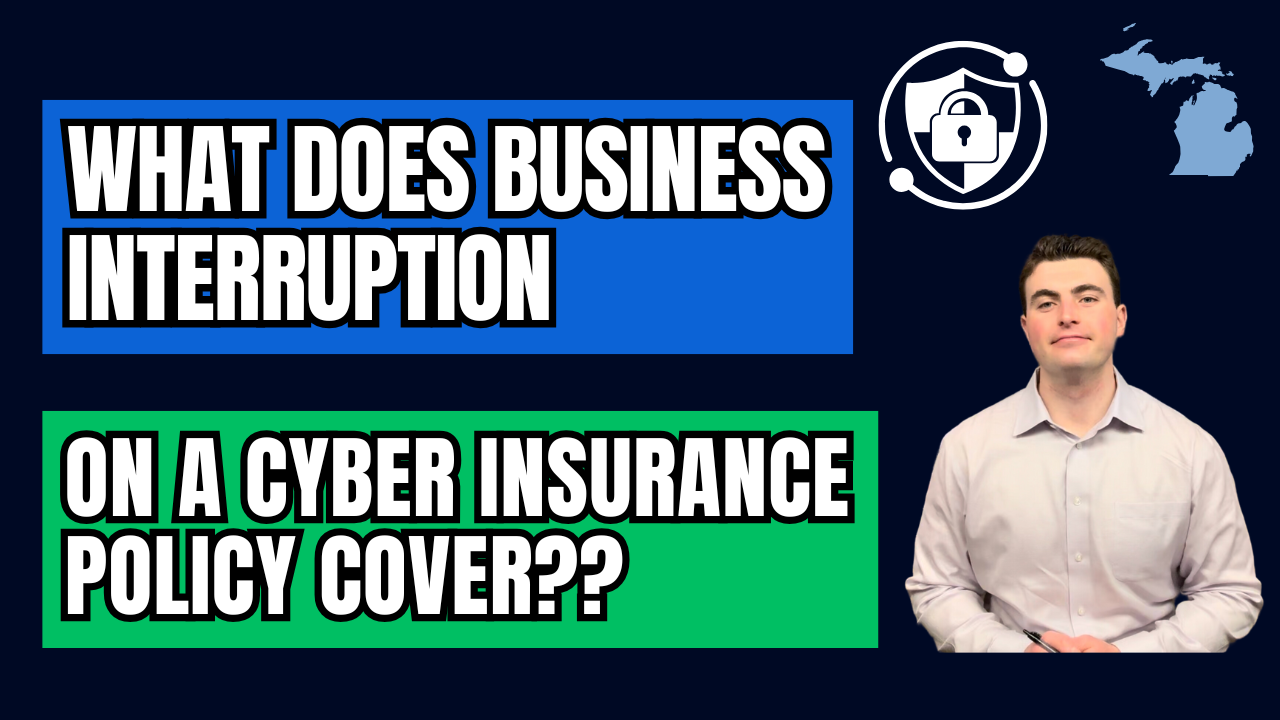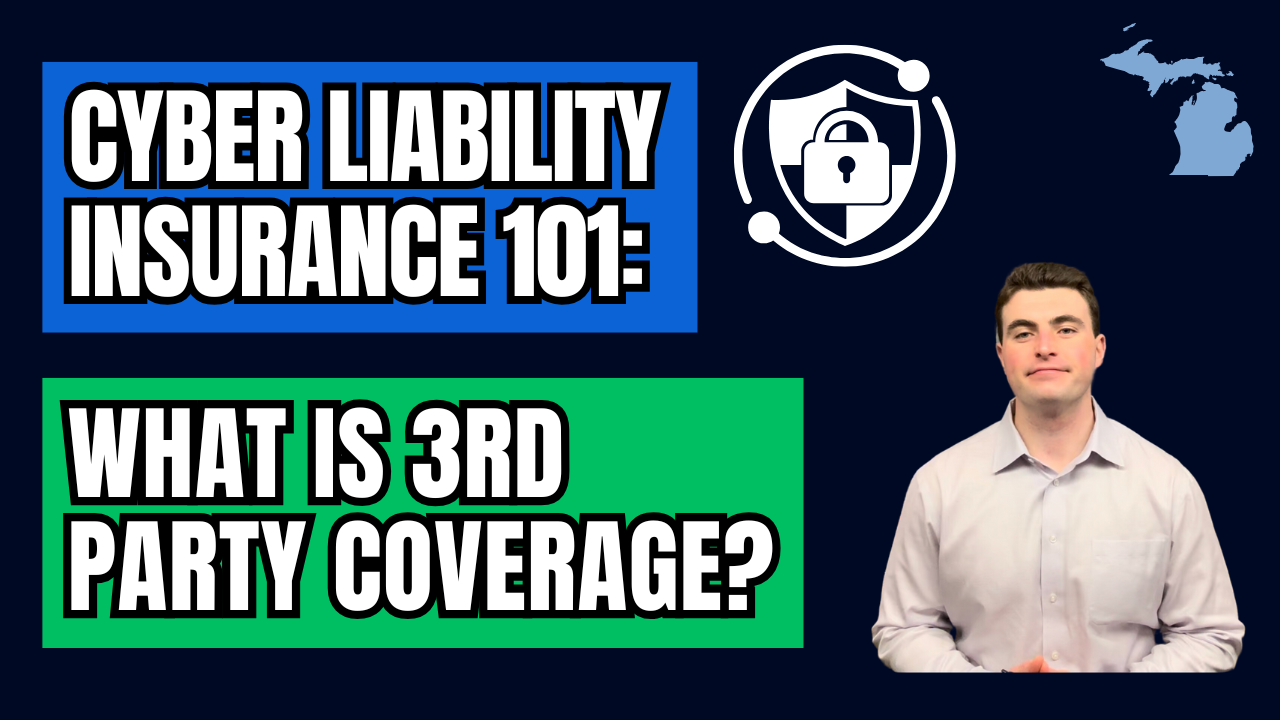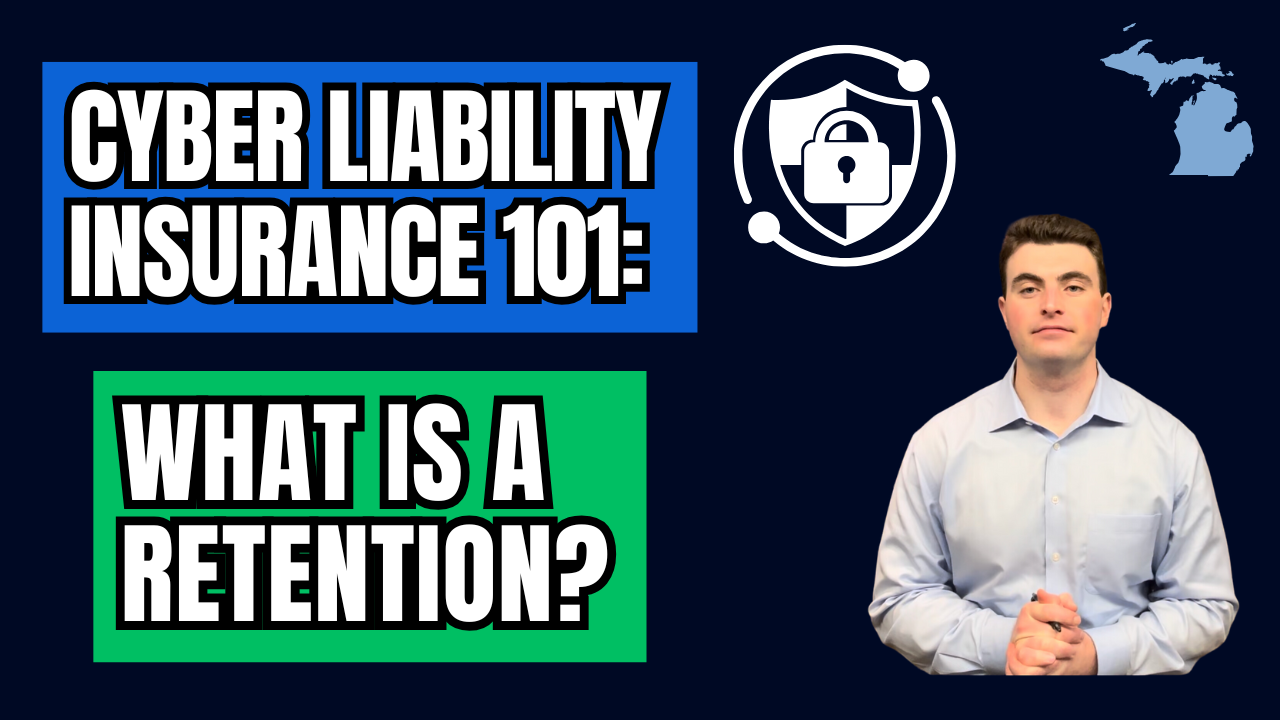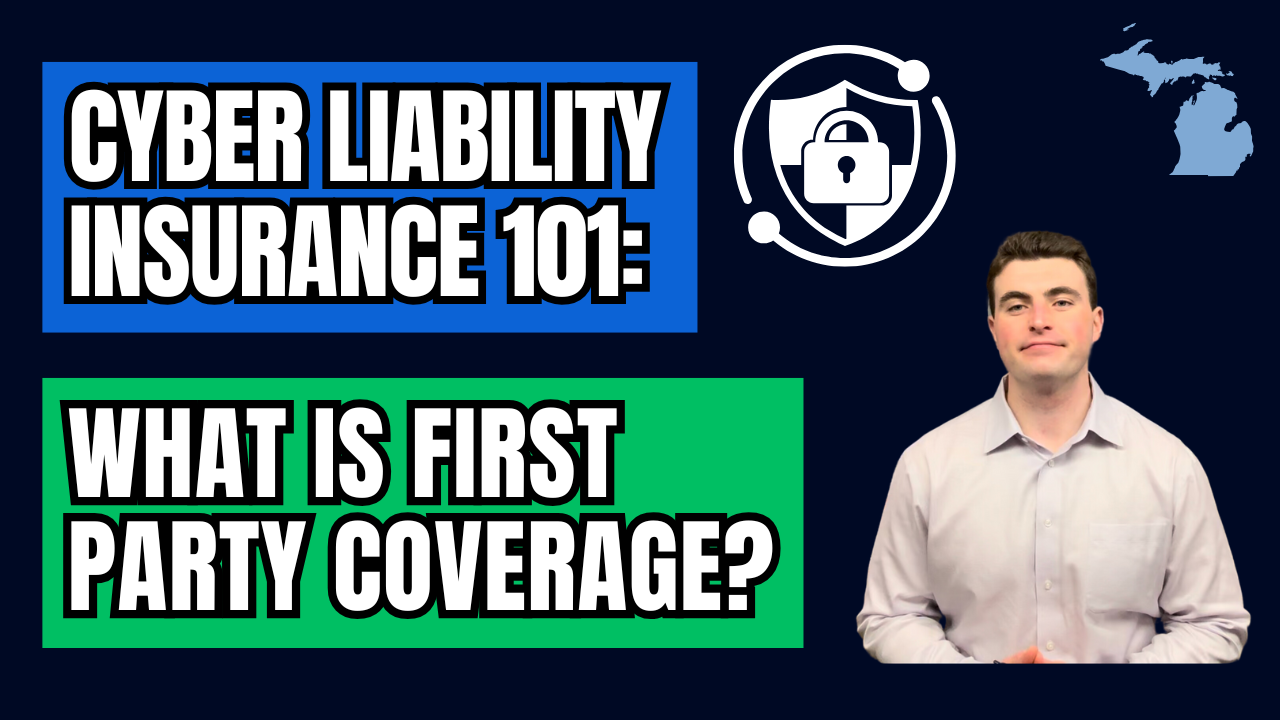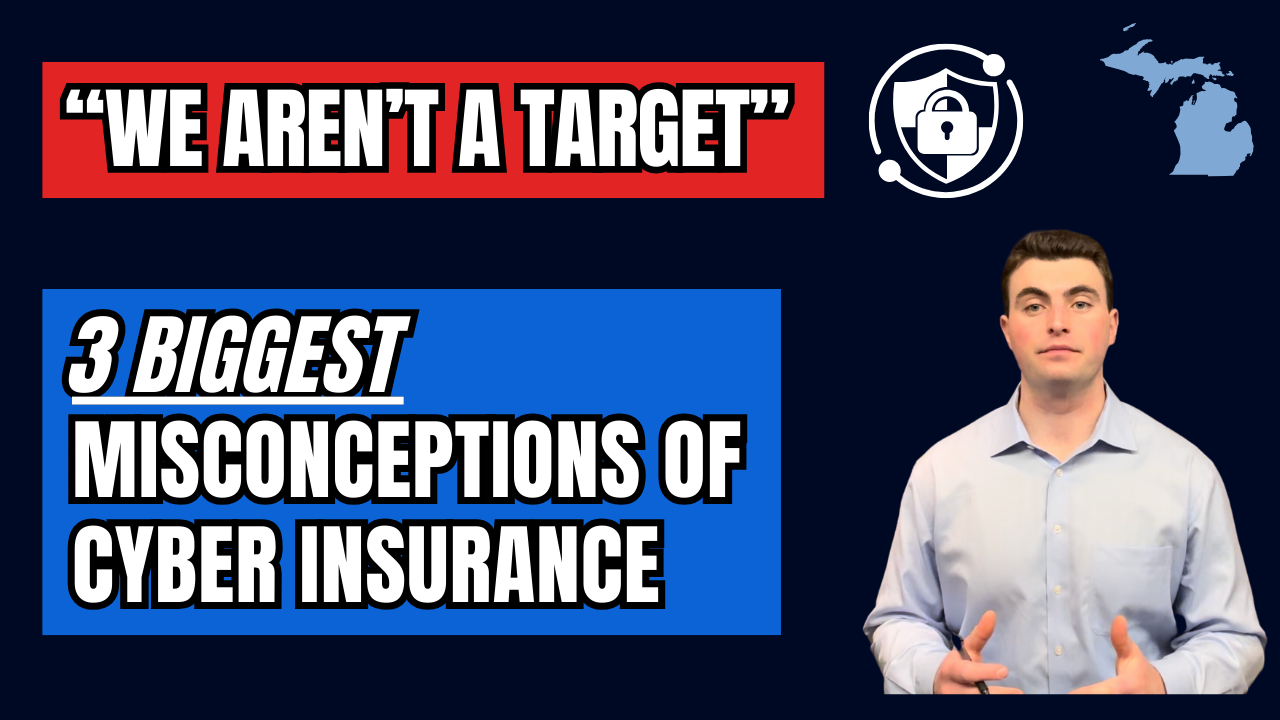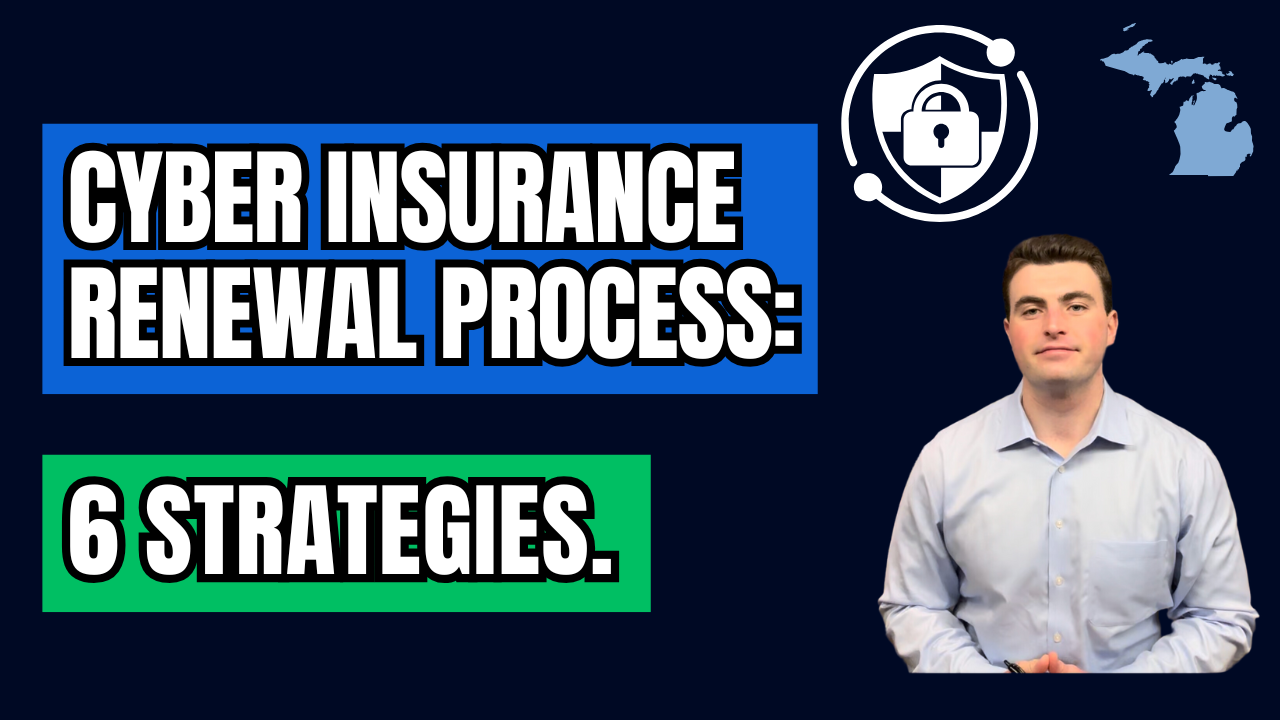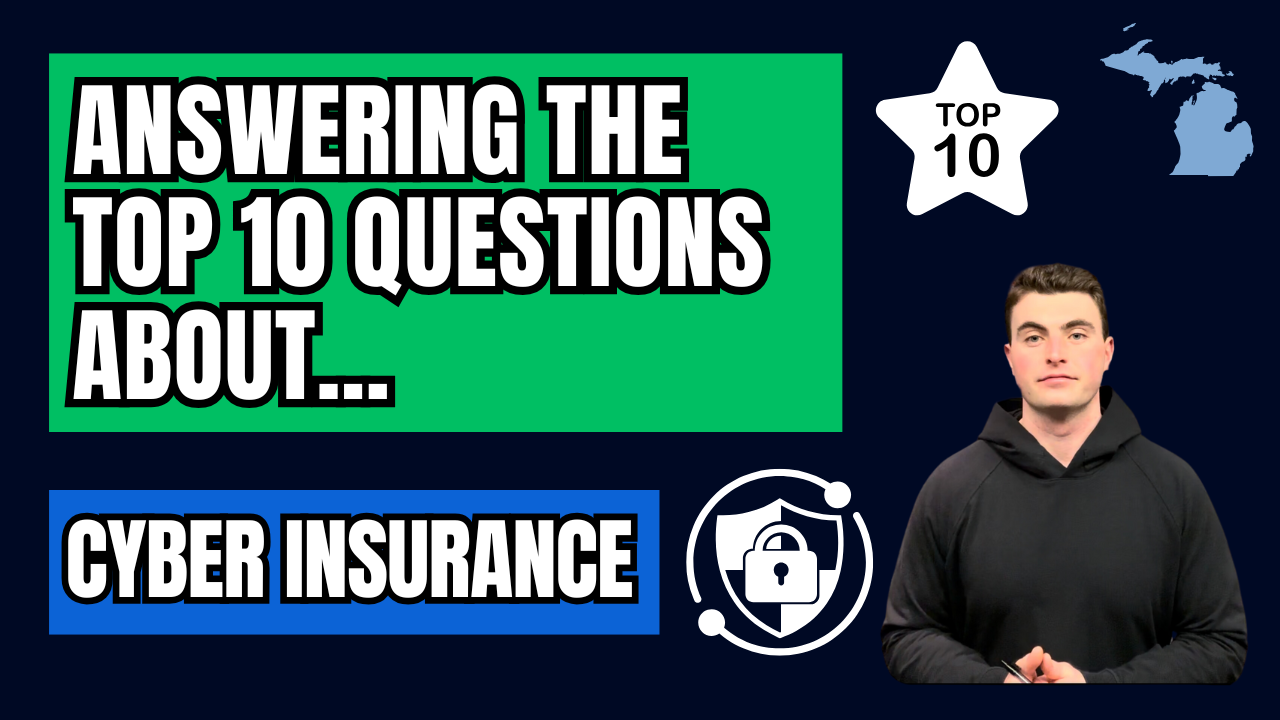Condo Insurance vs Homeowners Insurance - What's The Difference?
Condo Insurance vs. Homeowners Insurance: What's the Difference?
When purchasing a home, whether it’s a condo or a single-family house, one of the most important financial decisions you’ll make is selecting the right insurance coverage.
Condo insurance and homeowners insurance both provide protection for your property and personal belongings, but they are structured differently to suit the unique needs of each type of residence.
Understanding these differences will help ensure you have the right coverage in place.
Type of Dwelling
- Condo Insurance: Designed specifically for condominium owners, condo insurance covers the interior of the unit, while the condo association maintains coverage for the building's exterior and shared spaces.
- Homeowners Insurance: Intended for those who own single-family homes, homeowners insurance covers both the dwelling itself and the land it sits on, as well as other structures on the property.
Coverage for Dwelling
- Condo Insurance: Protects the interior of your unit, including fixtures, appliances, and any improvements you make. The condo association’s master policy typically covers the building’s exterior and shared areas.
- Homeowners Insurance: Covers the entire structure of the home, including exterior walls, roofs, and additional structures such as garages, sheds, and fences.
Personal Property Coverage
- Condo Insurance: Covers personal belongings like furniture, clothing, electronics, and other valuables located within the unit.
- Homeowners Insurance: Provides coverage for personal property inside the home, as well as items stored outside or in detached structures like a shed or garage.
Liability Coverage
- Condo Insurance: Includes liability coverage for accidents occurring within your unit.
- Homeowners Insurance: Offers broader liability protection, covering incidents that happen on your property and even extending to events off-site, such as if your dog bites someone at a park.
Cost Differences
Homeowners insurance tends to be more expensive than condo insurance due to the broader coverage it provides. Here’s why:
- Greater coverage scope: Homeowners insurance covers the entire dwelling and personal property, while condo insurance typically only has to cover the unit’s interior.
- Additional coverage options: Homeowners policies offer more endorsements and customization options, making them more comprehensive but also more expensive.
The Importance of Loss Assessment Coverage
For condo owners, one crucial coverage option to consider is Loss Assessment Coverage. If a claim occurs—such as a fire, severe weather damage, or a liability lawsuit—and the condo association's insurance is insufficient to cover all costs, unit owners may be required to pay a share of the remaining expenses. Loss Assessment Coverage helps protect individual condo owners from these unexpected financial burdens.
Conclusion
While both condo and homeowners insurance serve to protect property owners, they differ in scope and coverage.
Condo insurance primarily focuses on protecting the interior of the unit, while homeowners insurance provides comprehensive coverage for the entire home, its land, and additional structures.
Homeowners insurance is generally more expensive due to its broader coverage range.
Regardless of which policy you need, ensuring you have adequate coverage—including important add-ons like Loss Assessment Coverage for condo owners—will help protect you from potential financial risks.
Contact Us
We will get back to you as soon as possible.
Please try again later.
